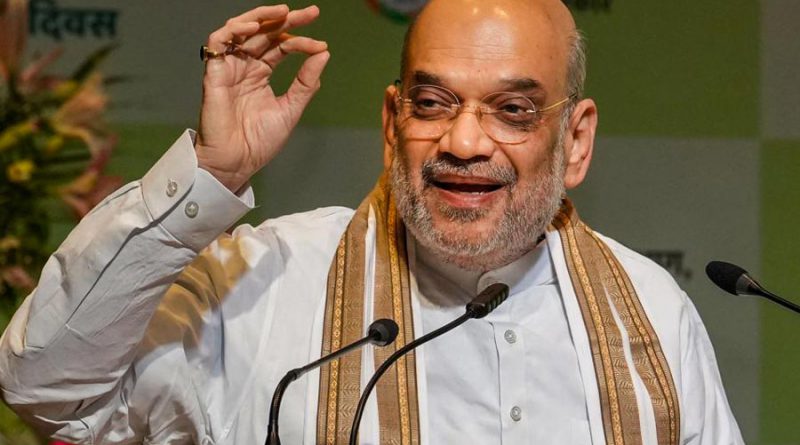India’s Response to Mob Lynching: Home Minister proposes tough penalties including Death Sentence
New Delhi — India’s Home Minister Amit Shah on Friday introduced a groundbreaking legislative proposal that seeks to establish distinct provisions solely aimed at addressing mob lynching. The proposed penalties range from 7 years of imprisonment to life behind bars or even the death penalty in the most severe cases.
This significant move comes as a response to growing concerns about citizen safety and the urgent need to rein in the prevalence of vigilante justice.
Presented in parliament on Friday, the proposed legislation is anticipated to have profound ramifications for those involved in orchestrating mob violence. The Home Minister underlined the government’s unwavering commitment to ensuring the security and well-being of all citizens, emphasizing that the bill represents a resolute stride in this direction.
In accordance with the bill’s stipulations, individuals proven guilty of participating in a mob lynching incident could potentially be sentenced to a minimum of 7 years in prison. The severity of the penalty escalates based on the gravity of the crime and the outcomes of the incident. Instances where the victim sustains grievous injuries, endures mutilation, or faces enduring trauma could result in the perpetrators facing life imprisonment. The legislation also incorporates a provision for the death penalty in the most heinous scenarios, particularly if the mob lynching leads to the victim’s death.
The proposed bill adopts a comprehensive approach, encompassing not only the punishment of direct participants in mob violence but also holding those who incite, organize, or facilitate such acts accountable. Law enforcement agencies will be granted the authority to take swift action against individuals implicated in mob lynching incidents, ensuring a rapid and thorough investigative process.
Human rights organizations have expressed a mix of support and concern regarding the proposed legislation. While many commend the government’s efforts to tackle a pressing societal issue, there are apprehensions about potential misapplication of the stringent measures and the risk of innocent individuals being wrongly implicated or framed.
In response to these apprehensions, the Home Minister has assured that the legislation will incorporate safeguards to prevent the misuse of power. Rigorous criteria will be established for applying the death penalty, accompanied by robust checks and balances to ensure fairness and justice. Furthermore, legal experts and civil rights organizations will be consulted during the bill’s implementation to guarantee transparency and impartiality.
The introduction of this legislation marks a pivotal juncture in India’s battle against mob violence and vigilantism. Should the bill be ratified by the parliament, it could potentially serve as a model for other nations grappling with similar challenges. As the country anticipates the outcome of parliamentary discussions, citizens, legal experts, and human rights advocates are closely monitoring the process, aiming to ensure that the proposed measures strike a delicate balance between upholding justice and safeguarding individual rights.



